Louisiana is a powerhouse destination when it comes to fishing opportunities. However, the Pelican State has everything from the Mississippi Delta, bayous, rivers, and the Gulf of Mexico. But, with such a diverse variety of fishing options, knowing which Louisiana fishing license is the correct one for your chosen hot spot can be confusing.
Louisiana is like no other state; there is a divide defining the fishing areas. Simply called a Saltwater Line, knowing where you stand and what Louisiana fishing license to get is vital to avoid being fined. Or, worse, ruining a dream fishing trip you took time planning over a misunderstanding of fishing licenses.
But don’t sweat it. Here’s a list of all the necessary information to understand when obtaining a Louisiana Fishing License.
Where is the Saltwater Line Defined?
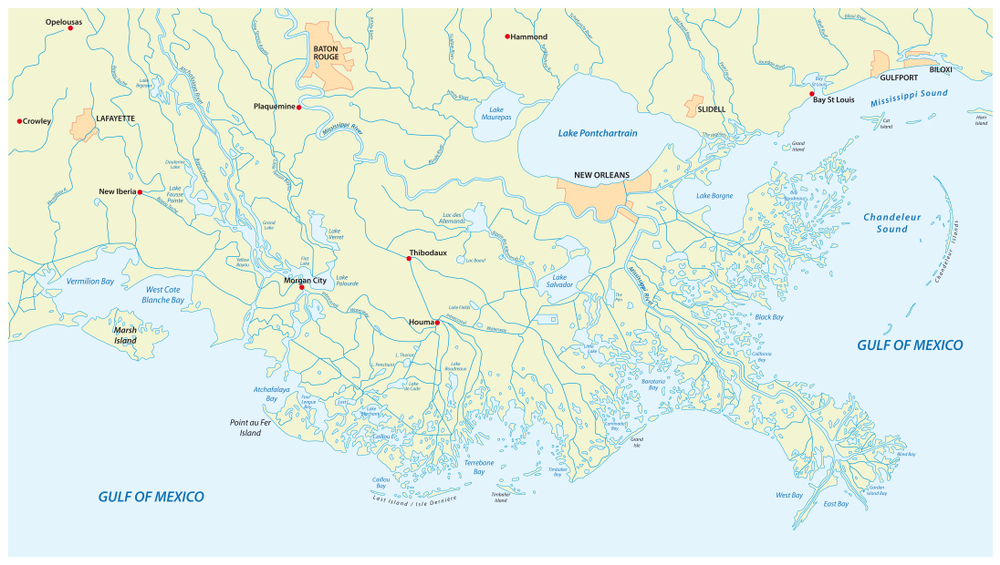
Image credits: Rainer Lesniewski via Shutterstock
This is a bit of a tricky question, but it encompasses the gulf coast from Texas to Mississippi, states. More so, anything north of this has freshwater lakes. Whereas, anything south of this defined area is regarded as saltwater.
However, some bodies of water are caught up in this fictitious partition. These include Lake Maurepas, Lake Pontchartrain, Lake Saint Catherine, Chef Menteur Pass, the Rioglets, the Unknown Pass, Pass Manchauc, the Intracoastal Waterway, and Calcasieu Ship Channel, all of which are considered salt water.
To obtain saltwater species, you will need a saltwater fishing license. Alternatively, you will need a freshwater license if you fish on anything north of the saltwater line.
If you are unsure where the Saltwater Line is, the Louisiana Wildlife and Fisheries recommend buying a saltwater license and the basic fishing license.
What Louisiana Fishing Licenses are There?
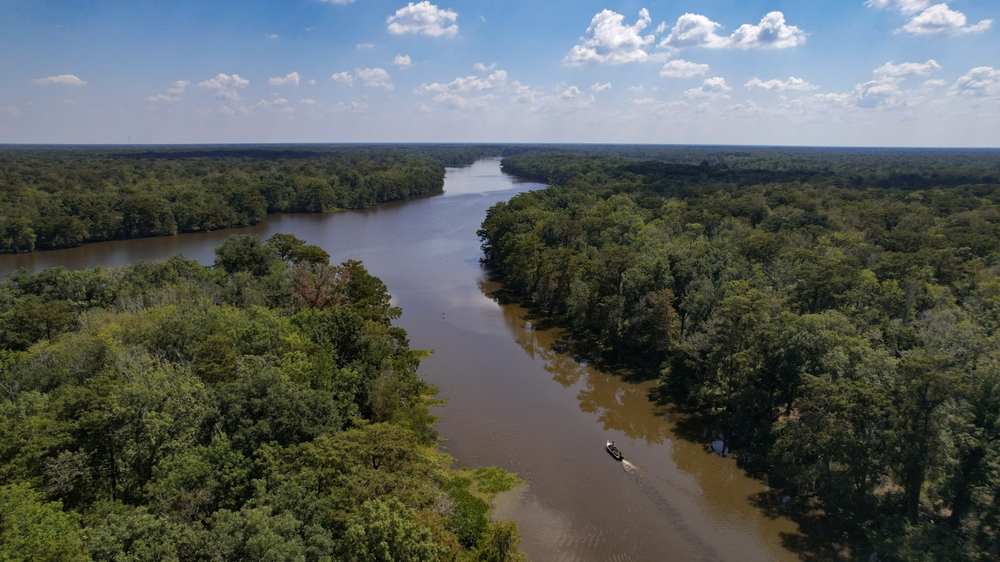
Image credits: Skyfi Media via Shutterstock
It shouldn’t be said that purchasing a Louisiana fishing License is essential. The fund from the sale of licenses helps restock rainbow trout and catfish on bodies of water with low counts. It also financially aids in other conservation projects. On the other hand, failing to purchase this crucial document could result in a hefty fine.
Licenses will vary depending on price, duration, and age or being a non-resident. Additionally, discounts are available for military personnel or students. Below is a breakdown of the various licenses into freshwater and saltwater categories.
Freshwater Licenses
Nevertheless, anyone 18 or older must buy a Louisiana Basic Fishing License to fish anywhere north of the saltwater line.
Basic Fishing License Prices:
Resident, Military, or Student $17
Fishing license for a Non-resident $68
Non-resident Native 10 Day $17
Non-resident 5 Day $30
Saltwater Licenses
Alternatively, you will need to purchase the Saltwater License if you plan on fishing south of the Saltwater Line. As noted, if you are uncertain where the Saltwater Line is, it’s best to have both the Basic Louisiana Fishing License and the Louisiana Saltwater License.
It is essential to note that if you intend to fish freshwater species in a saltwater area, you will need a basic license over the saltwater license.
Saltwater Licenses Prices:
Resident, Military, and Student $15
Fishing Licenses for a Non-resident $60
Non-resident Native 10 Day $15
Non-resident 5 Day $30
Are There any Exceptions to the Louisiana Fishing Licenses?
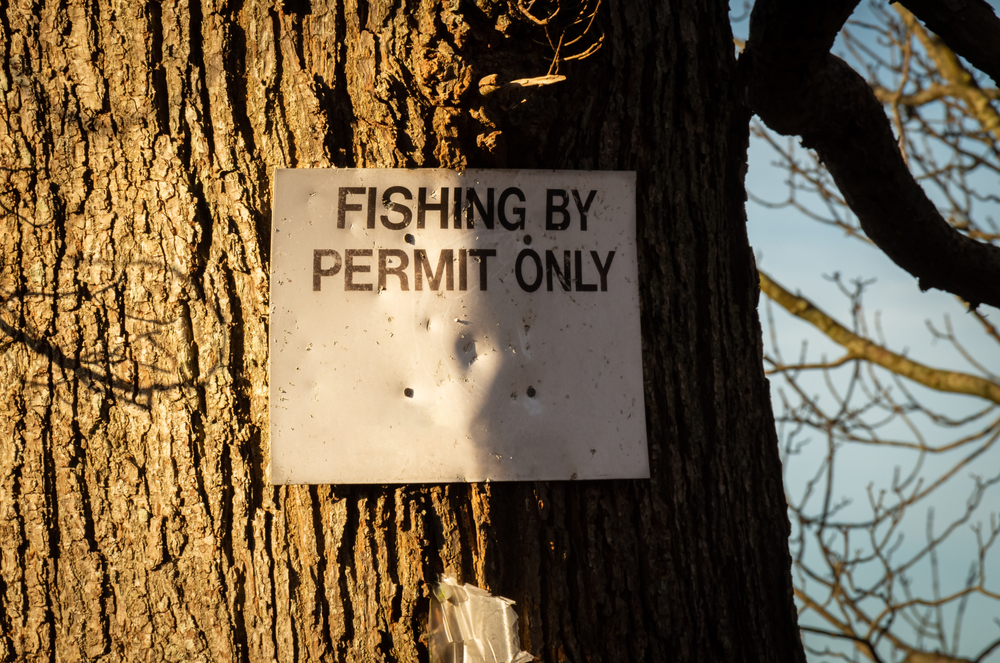
Image credits: SnapTPhotography via Shutterstock
There is! And it comes down to the gear being used, such as a pole without a reel with a line and a hook. There’s a small to be paid. The best thing, it only costs a fraction of the price of a full Louisiana fishing license. However, this also includes not using cast nets, landings nets, minnow traps, crab nets, crab lines, or any artificial lures.
Think of it as the most primitive form of fishing that requires a permit.
Hook and Line Permit:
Resident, Military, or Student $5
Non-resident Native 10 Day $5
What About Areas Shared With Texas?
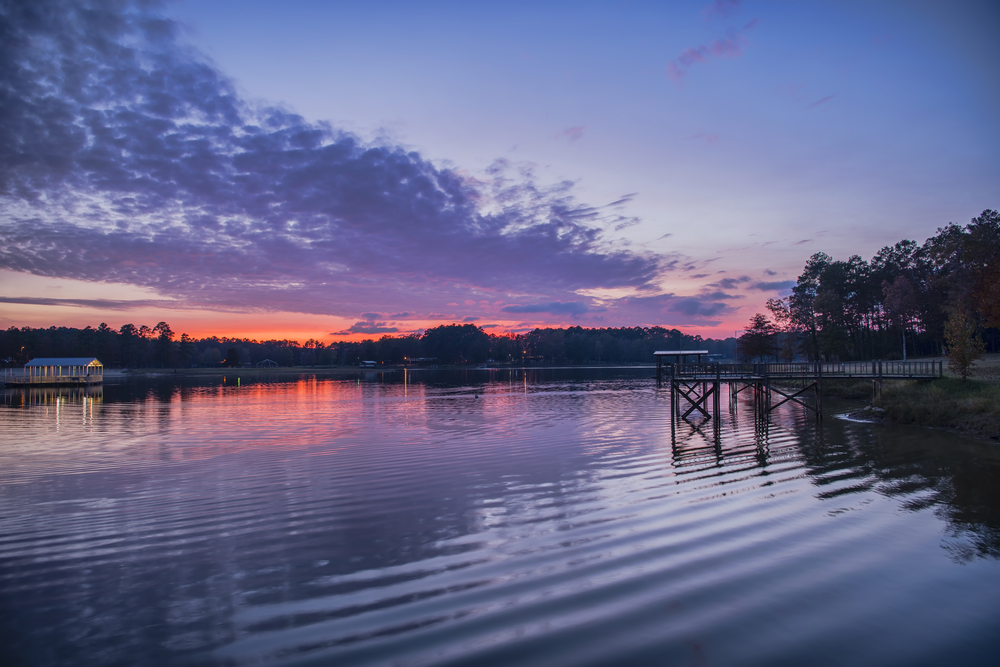
Toledo Bend Reservoir – Image credits: Bonnie Taylor Barry via Shutterstock
Some of the best fishing is found on the border with Texas. With bodies of water like Toledo Bend Reservoir, the Sabine River, Sabine Lake, Sabine Pass, and Caddo Lake, to name a few.
The good news is that Louisiana has a reciprocal agreement with the state of Texas. So if you hold a valid fishing license for either of these states, you can fish on any of the bodies of water mentioned above.
What About Fishing Offshore?
Those who reap the bounty from the Gulf of Mexico must apply for the Recreational Offshore Landing Permits (ROLP). This permit covers many saltwater species, including tuna, swordfish, billfish, amberjack, grouper, cobia, wahoo, and dolphinfish.
The good news is that this permit has no cost, and anyone under 18 does not require one.
There are some exceptions under the ROLP. The first is if you are fishing on a charter, you do not need one of these permits since the fishing charter license replaces it. Secondly, if you are targeting speckled sea trout offshore, a ROLP is not required.
A Final Thought
Nonetheless, you must go fishing in Louisiana with anglers paradises like the Mississippi Delta, Lake Pontchartrain, Toledo Bend Reservoir, Houma, Venice, and Morgan City!
Thus, whether you’re going on a charter, taking up a more primitive means, or fishing near the coast, having a Louisiana fishing license is vital. Yet, fear not, obtaining a Louisiana fishing license is a breeze and can be purchased online within minutes. This means more time to explore the waters of the Bayou State!
Have you gone fishing in Louisiana? Please let us know in the comments below.

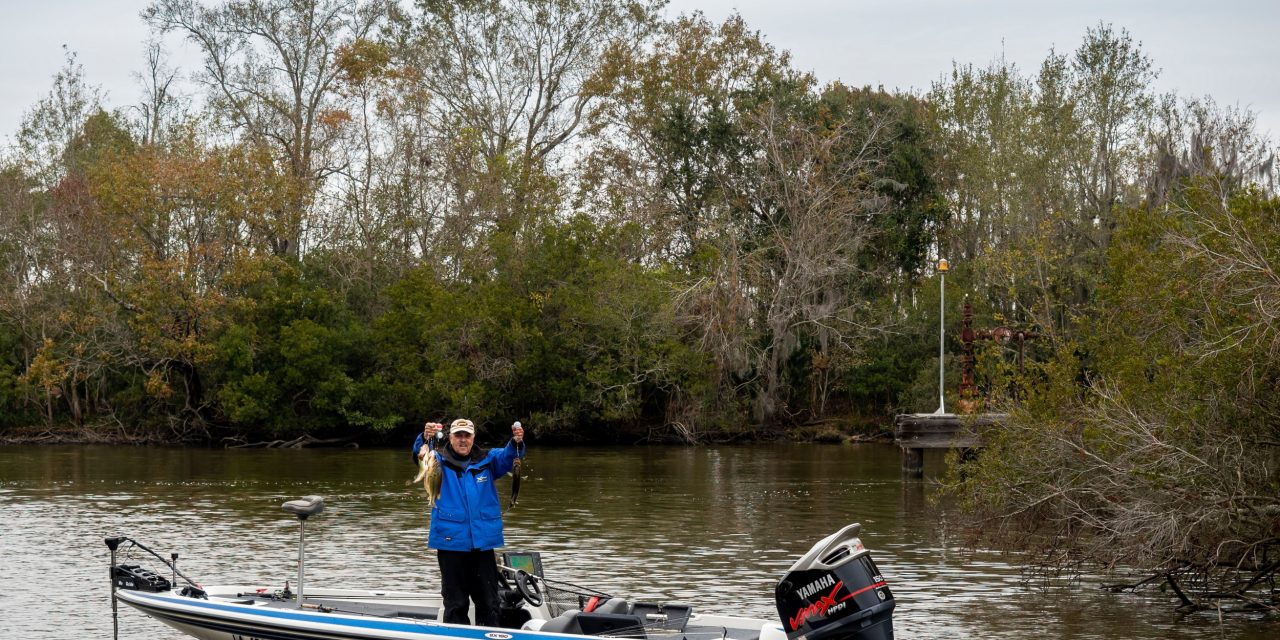
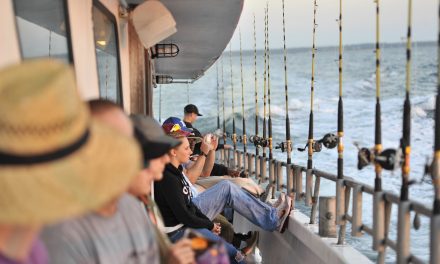
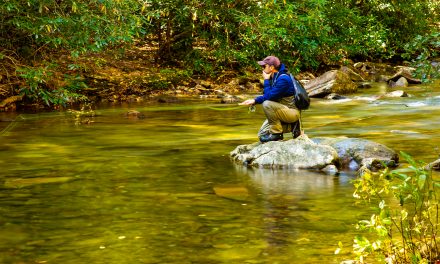
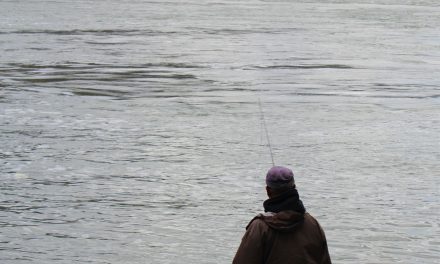

 E-Newsletter
E-Newsletter